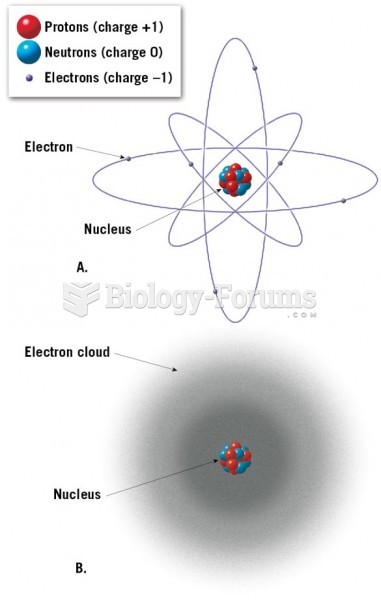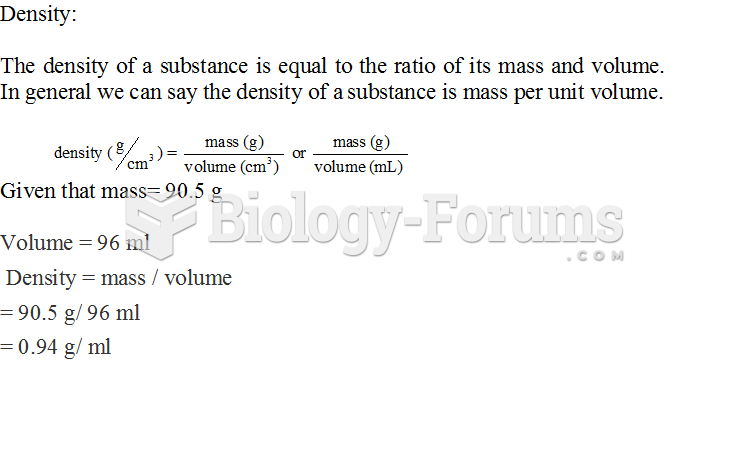|
|
|
Green tea is able to stop the scent of garlic or onion from causing bad breath.
Vampire bats have a natural anticoagulant in their saliva that permits continuous bleeding after they painlessly open a wound with their incisors. This capillary blood does not cause any significant blood loss to their victims.
The Food and Drug Administration has approved Risperdal, an adult antipsychotic drug, for the symptomatic treatment of irritability in children and adolescents with autism. The approval is the first for the use of a drug to treat behaviors associated with autism in children. These behaviors are included under the general heading of irritability and include aggression, deliberate self-injury, and temper tantrums.
Earwax has antimicrobial properties that reduce the viability of bacteria and fungus in the human ear.
Multiple experimental evidences have confirmed that at the molecular level, cancer is caused by lesions in cellular DNA.







